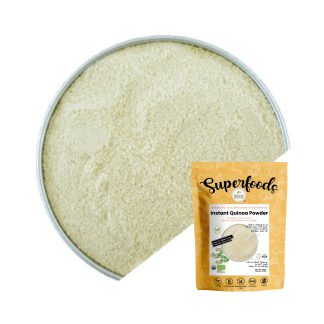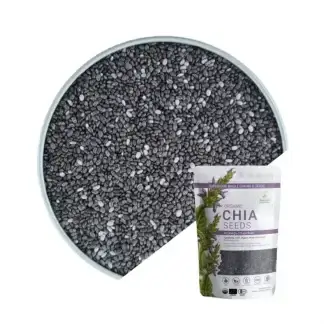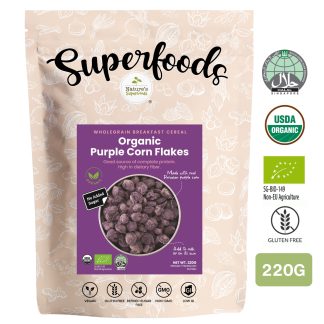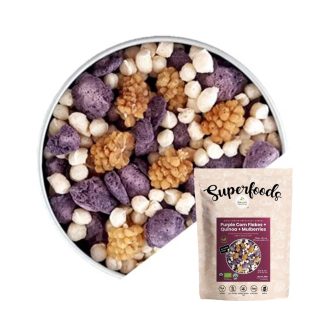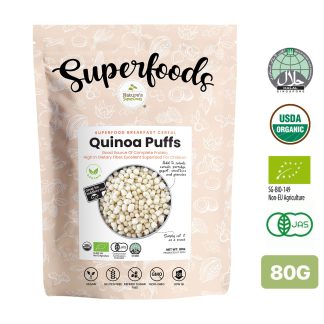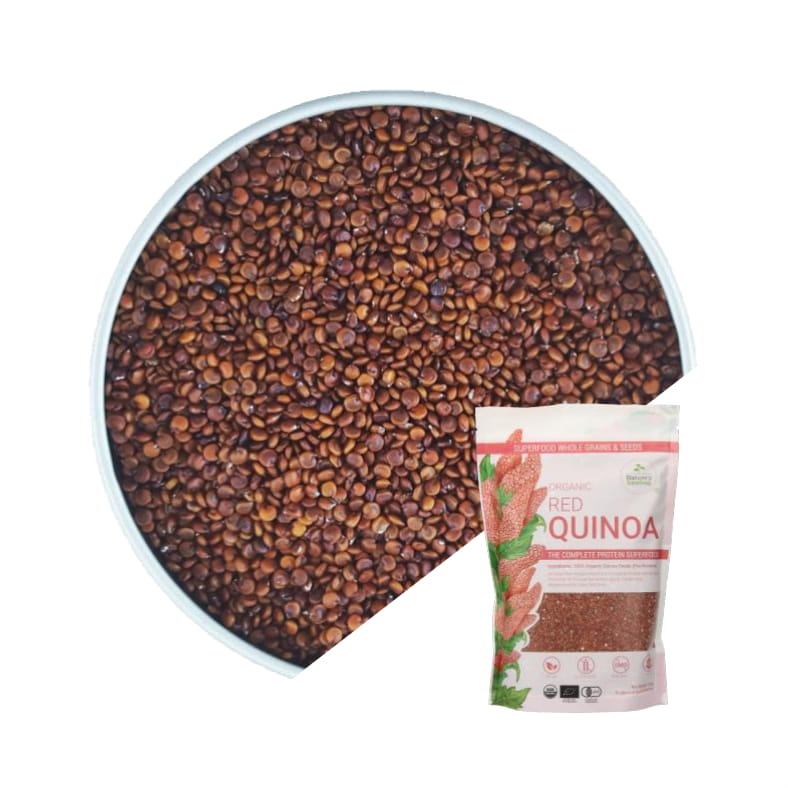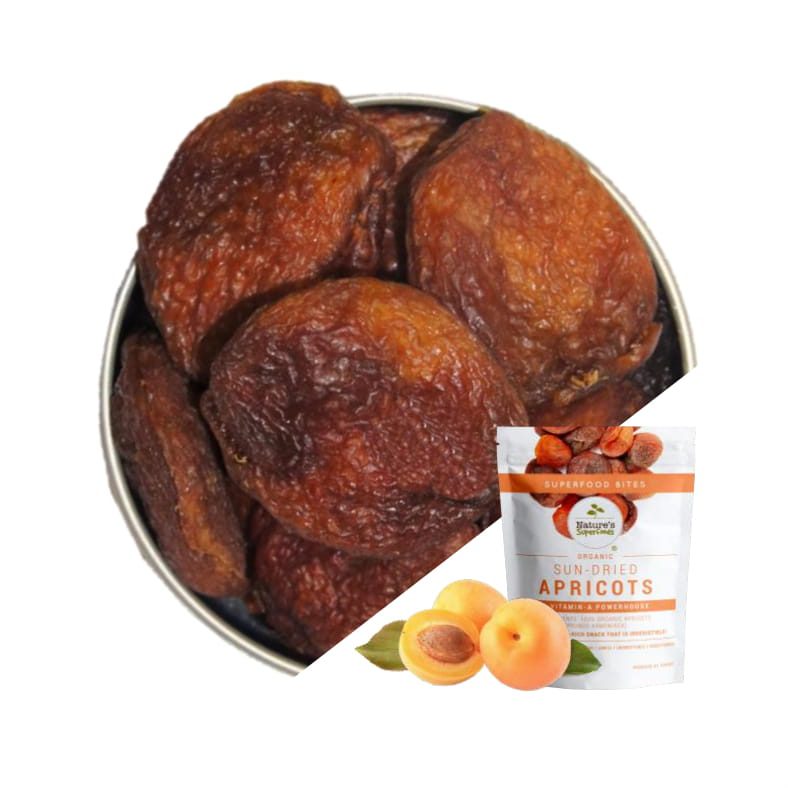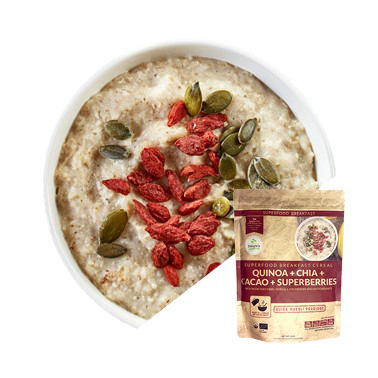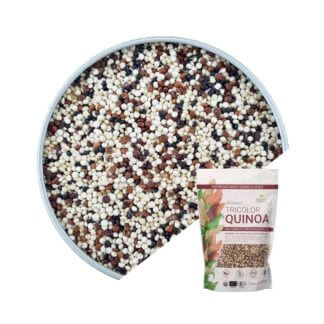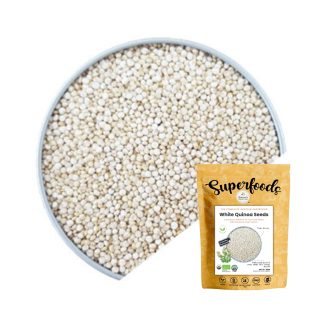-
No products in the cart.
Constipation
Constipation is typically referred to as infrequent bowel movement but may sometimes be interpreted as decreased amount of stool, difficulty in moving bowel, sense of incomplete evacuation or the need for medication (e.g. laxative) to help to move the bowels.
All in all, an individual can be considered as constipated if there are two or fewer bowel movements in a week or has two or more of the following symptoms for at least 3 months:
- Straining during bowel movement for more than 25% of the time
- Have hard stools for more than 25% of the time
- Incomplete evacuation for more than 25% of the time
Causes of Constipation
About 80% of Singaporeans suffer constipations at some point of their lives.There are various factors that can trigger constipation. For instance, low dietary fibre intake, not having sufficient water and sedentary lifestyle.
- Low Dietary Fibre Intake
An average Singaporean consumes about 12g of dietary fibre per day, which is about 50% lower than the recommended intake of 30 g per day.
Dietary fibres are complex carbohydrates that aren’t digested or absorbed in the gut. Different types of dietary fibres improve bowel function through various processes. The fermentation of fibre in the colon produces water and other molecules, which make stools softer and easier to pass, while a higher fibre intake also creates bigger stools which pass more quickly, resulting in more regular bowel motions.
Incorporate wholegrains (e.g. oats, quinoa, brown rice, etc), chia seeds, vegetables, fresh fruits and dried fruits such as (kiwi, apple, apricots, prunes, etc) can help to improve your bowel movement.
Aside from increasing your fiber intake, consuming prebiotics has also been shown to improve weekly stool frequency and consistency. Furthermore, as prebiotics stimulate the growth of beneficial microflora (i.e. probiotics), it could also help to promote immunity. To incorporate prebiotics into your diet, simply have 1-2 teaspoons of yacon root syrup in your plain water or favorite cold beverages everyday.
- Insufficient fluid intake
When your body has inadequate fluid, there’s less water for the fiber in your colon to absorb, causing your stools to be dehydrated and harder to pass. Aim for at least 2 litres of fluid per day, ideally from plain water.
Tip: If you need some additional flavour in your plain water, add in yacon root syrup. It not only helps to enhance sweetness naturally, but also contain prebiotics that can help to promote bowel movement.
- Sedentary lifestyle
Been sedentary puts you at a higher risk of constipation as regular exercise is necessary to promote normal muscle contractions in the bowl wall. Based on research, individuals who have low physical activity level are associated with a 2-fold risk of constipation.
Conclusion
To improve your bowel movement, start by increasing your fluid intake to at least 2 litres per day. Next incorporate high fibre food such as psyllium, chia seeds, wholegrains, kiwi, prunes or apricots into your diet. Lastly, stay active and aim to have at least 150 minutes of moderate to vigorous physical activity per week.
If your bowel habits don’t improve, see your GP as you may need treatment with medications to clear your bowels before you can start on a prevention plan.
References
- SingHealth. 2021. Constipation: Causes and Medical Treatments [ONLINE] Available at: https://www.healthxchange.sg/digestive-system/colorectal/constipation-causes-medical-treatments . [Accessed 4 April 2021].
- National University Hospital. 2021. Constipation [ONLINE] Available at: https://www.nuh.com.sg/Health-Information/Diseases-Conditions/Pages/Constipation.aspx . [Accessed 4 April 2021].
- Ministry of Health. 2019. Chronic Constipation: Diagnosis and Treatment [ONLINE] Available at: https://www.healthhub.sg/a-z/diseases-and-conditions/346/chronic_constipation_sgh . [Accessed 4 April 2021].
- Yu T, Zheng YP, Tan JC, Xiong WJ, Wang Y, Lin L. 2017. Effects of Prebiotics and Synbiotics on Functional Constipation. Am J Med Sci. 353(3), 282-292.
- Laurent D, Walter C. Willett, Edward L. Giovannucci. 2003. Association between physical activity, fiber intake, and other lifestyle variables and constipation in a study of women. The American Journal of Gastroenterology. 98(8), 1790-1796.
Browse Superfoods for Constipation
Showing all 11 results
-
Organic Coconut Flakes – Quinoa – Goji Berries...
$12.99 View More This product has multiple variants. The options may be chosen on the product page -
Organic Instant Quinoa Powder
$12.50 View More -
Organic Premium Black Chia Seeds
$11.90 – $22.90 View More This product has multiple variants. The options may be chosen on the product page -
25%
Organic Purple Corn-Quinoa Cereal
Sale! Original price was: $11.99.$8.95Current price is: $8.95. View More This product has multiple variants. The options may be chosen on the product page -
Organic Purple Corn-Quinoa-Mulberries Cereal Mix
$12.99 View More This product has multiple variants. The options may be chosen on the product page -
Organic Quinoa Puffs
$6.90 – $17.90 View More This product has multiple variants. The options may be chosen on the product page -
Organic Red Quinoa Seeds
$9.90Out of stock
View More This product has multiple variants. The options may be chosen on the product page -
Organic Sun-Dried Apricots
$6.90Out of stock
View More This product has multiple variants. The options may be chosen on the product page -
Organic Superfoods Muesli Porridge
$12.99Out of stock
View More This product has multiple variants. The options may be chosen on the product page -
Organic Tricolor Quinoa Seeds
$9.95 – $17.95 View More This product has multiple variants. The options may be chosen on the product page -
Organic White Quinoa Seeds
$9.90 – $17.90 View More This product has multiple variants. The options may be chosen on the product page
Showing all 11 results



